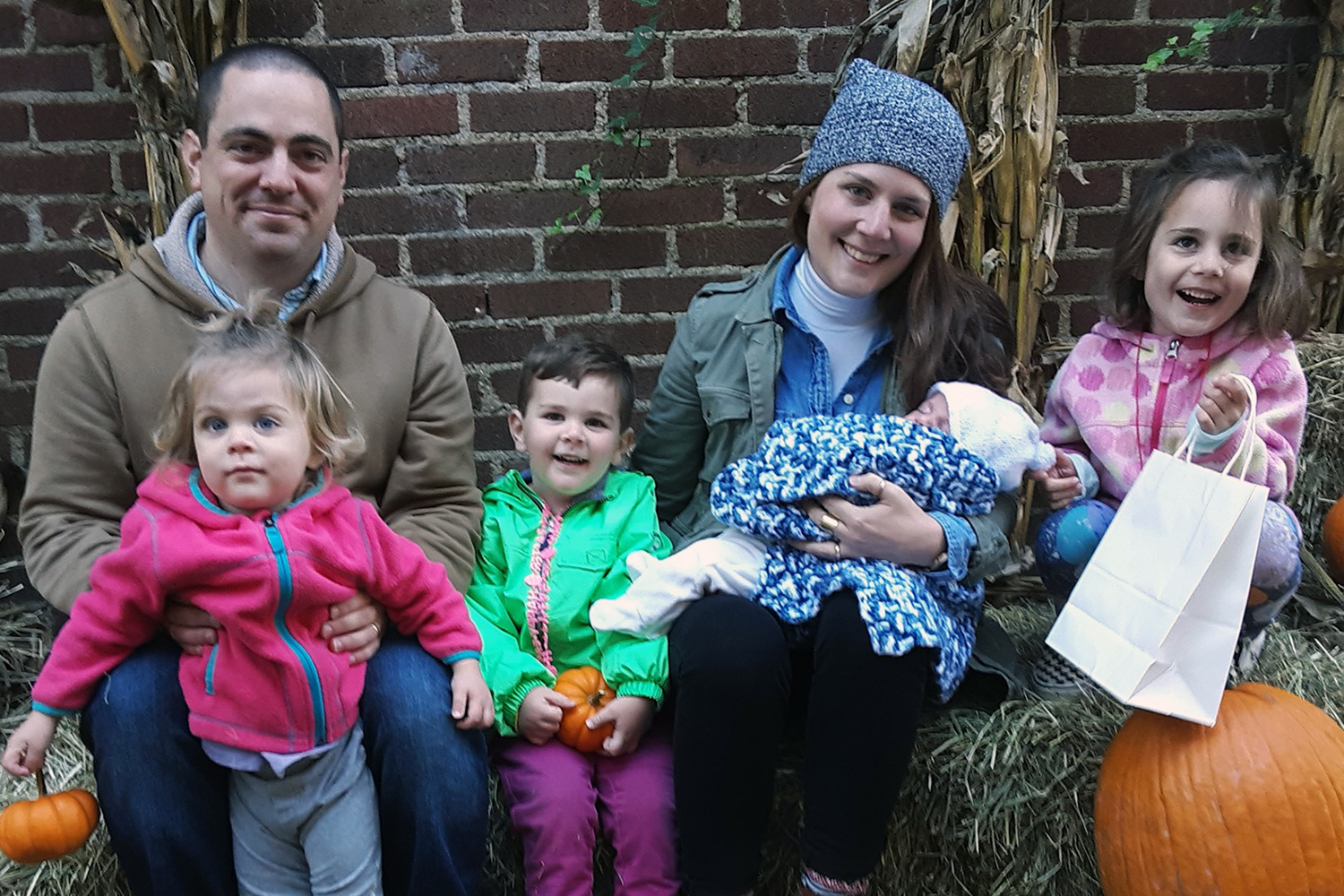Steve Kennedy ’23 was studying for a Ph.D in biochemistry at New York University when he made a bold course change and applied to the UConn School of Law.
It was no random move. Kennedy had been immersed in legal matters for years, working with the Veterans Legal Services Clinic at Yale Law School as a plaintiff in a class-action lawsuit and as an advocate for legislation supporting veterans.
“It got to the point where I was spending so much time on this side thing, I realized that was probably what I really wanted to be doing,” Kennedy said. “It just kind of clicked with my brain in a way being a chemist never quite had.”
Kennedy was one of two named plaintiffs in a lawsuit on behalf of more than 3,000 veterans who were denied honorable discharges by the Army Discharge Review Board. The clinic argued that the board failed to evaluate the soldiers’ mental health conditions when deciding whether to upgrade their discharge status.
On November 17, 2020, the Army agreed to a preliminary settlement that would require it to review the discharges. If a judge approves the agreement, thousands of veterans could become eligible for a full array of veterans’ benefits.
Kennedy, a veteran of the war in Iraq, received a general discharge in 2009 after doctors diagnosed him with depression and concluded they couldn’t care for him. He won his appeal and had his discharge upgraded in 2018, but he continued to pursue the case so that fellow veterans would have the same opportunity.
As he worked with the clinic, Kennedy became increasingly impressed with the law’s capacity to help people. He was no stranger to advocacy, having organized for the veterans’ community while at New York University and before.
After he decided to pursue a legal career, Kennedy knew UConn Law was his top choice. He grew up in Monroe, Connecticut, and had roots in the state.
“I chose UConn Law because I love this state and I wanted to be as connected to the community as possible,” Kennedy said.
After he enrolled as an Evening Division student in 2018, he again saw an opportunity to build community and advocate for justice. During the Spring 2020 semester he founded and now leads the UConn Law chapter of the People’s Parity Project, a student group that works on behalf of marginalized people. Among other initiatives, the organization has submitted testimony to support bills ending gerrymandering and increasing police accountability
UConn Law Professor Jon Bauer, the faculty advisor for the People’s Parity Project, said he has been impressed with Kennedy’s ability to galvanize his fellow students to advocate for justice on a range of issues.
“He got students involved, and they’re now at work on a range of important projects, such as reforming outdated rules on independent contractors that hamper workers’ rights in the gig economy,” Bauer said. “And all this on top of the inspiring work he’s been doing as a veterans advocate.”
Kennedy said he is not sure exactly what kind of law he wants to practice when he graduates. He said he has thoroughly enjoyed learning about different practice areas and is currently working part-time at Flood Law Firm as a personal injury legal clerk and as a community justice fellow at Greater Hartford Legal Aid.
Work and school aside, Kennedy is a father to four children all under the age of 8. His wife, Catherine, works full-time as a program manager at the Yale School of Medicine.
Kennedy said he knew he would like being a lawyer, but he did not expect to find each class and subject in law school so deeply engaging. He loved his first year, despite some challenges, including a bad concussion he sustained in a car accident and the birth of his youngest child during orientation week. Despite it all, he is sure he’s in the right place.
“I didn’t really know what to expect when I came back to school,” Kennedy said. “But the second I got here I knew it was exactly what I had been looking for my whole professional life.”



